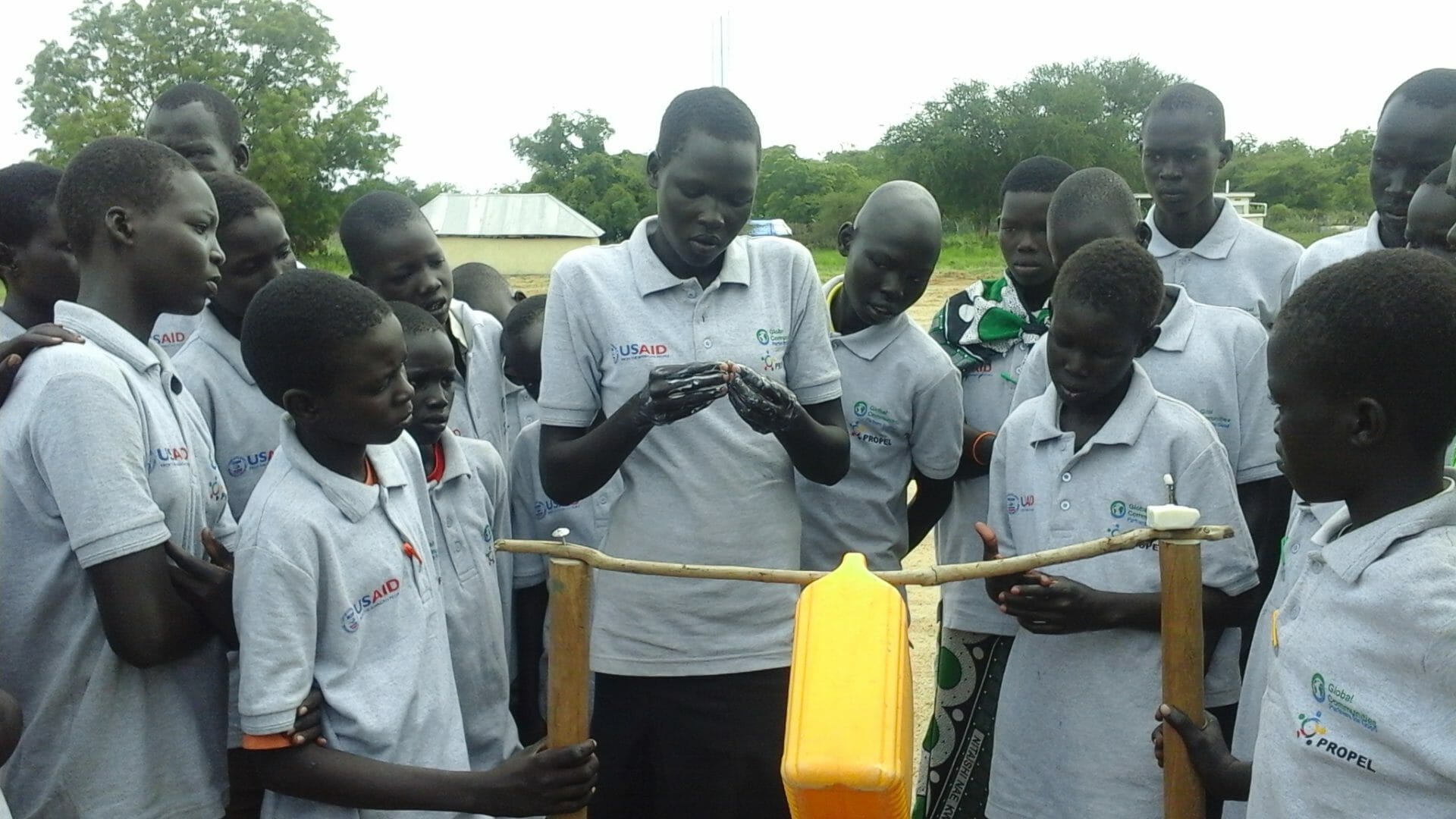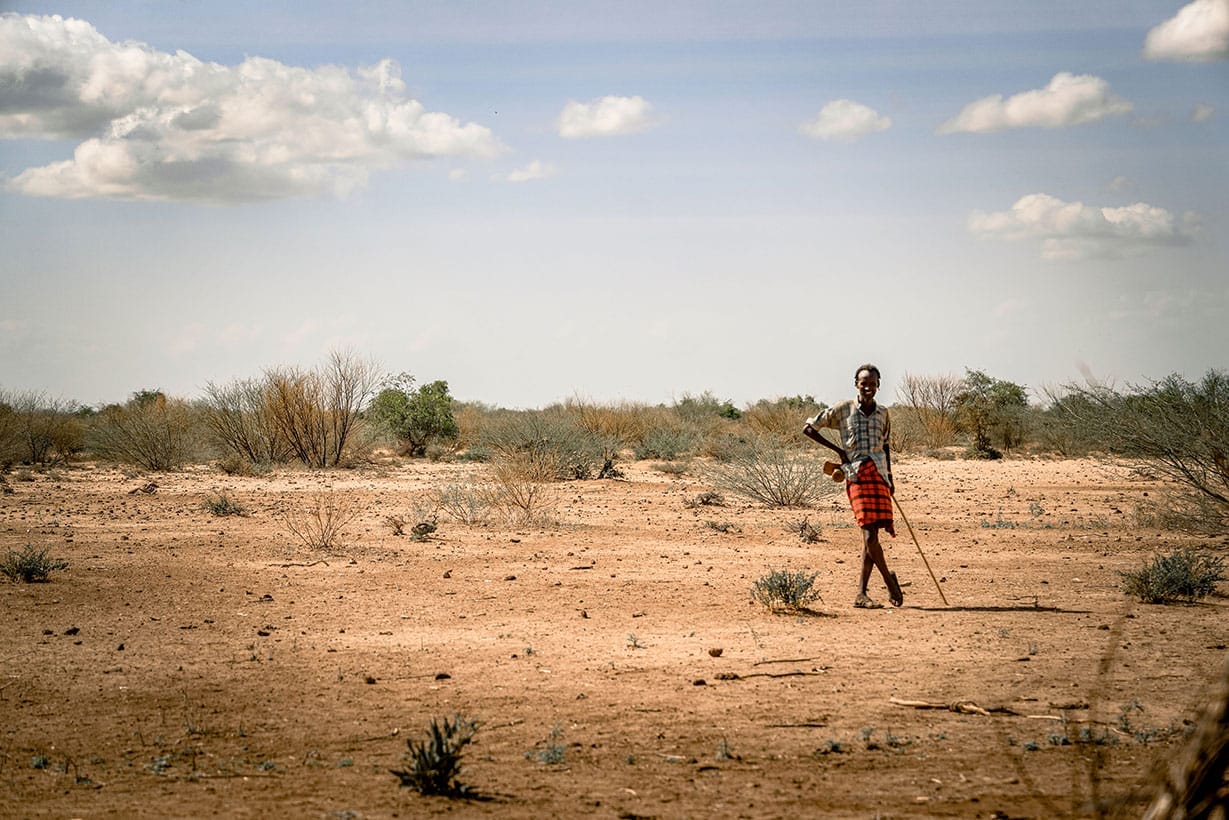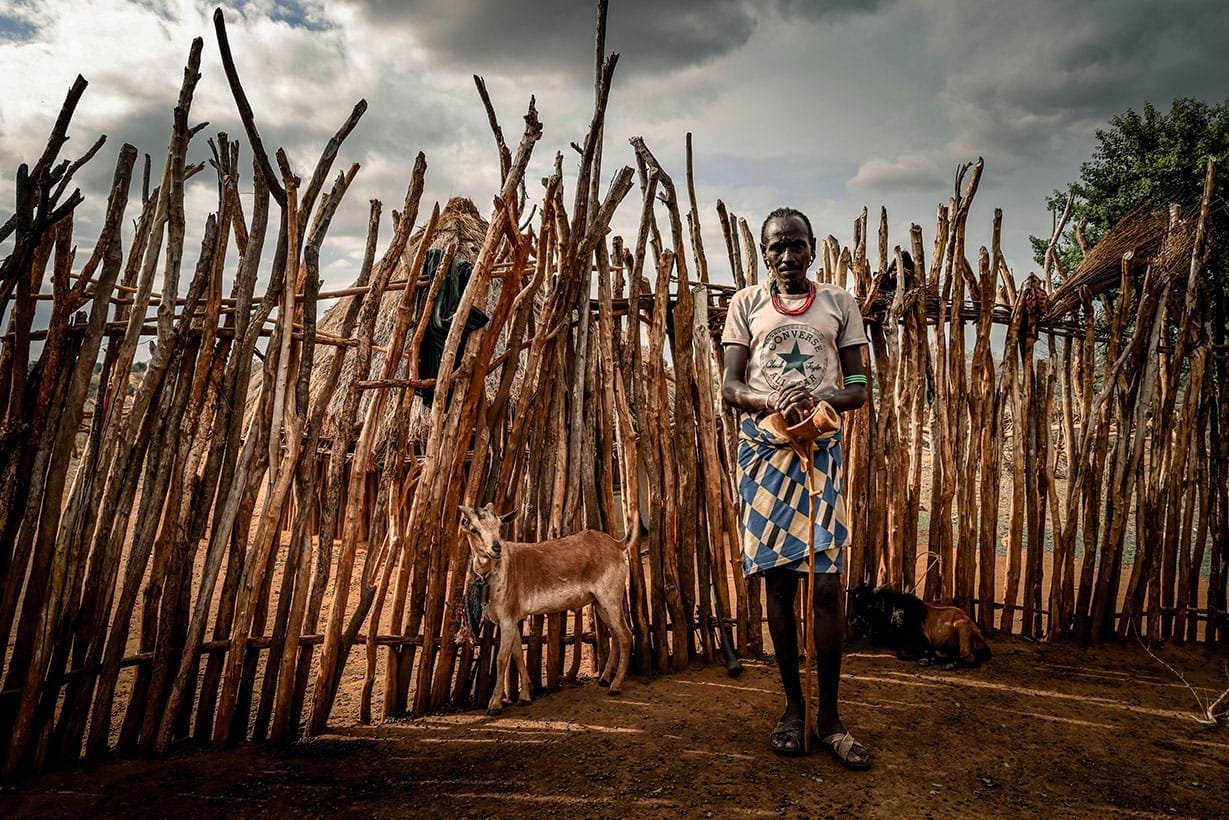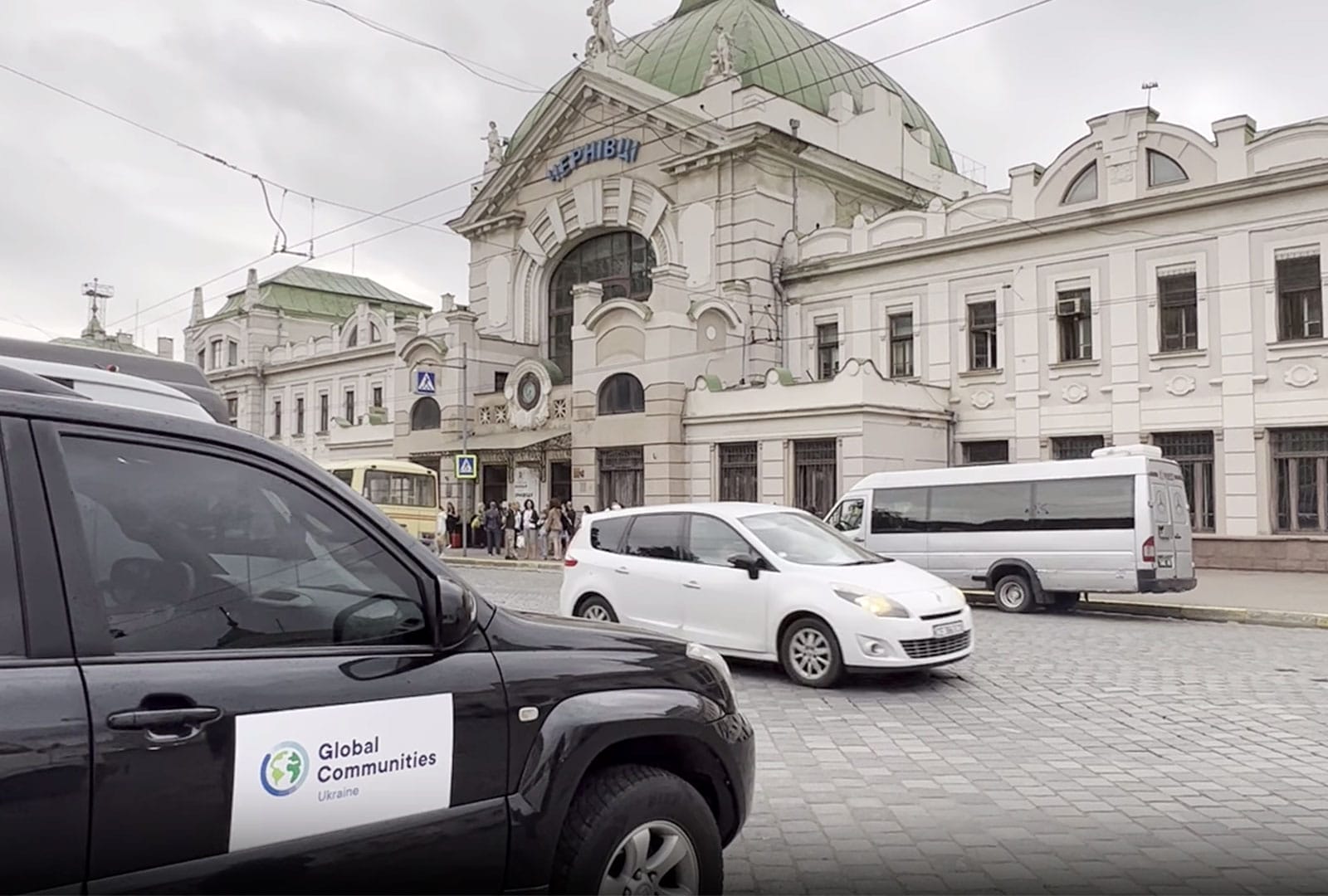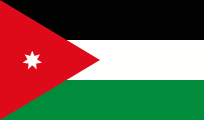Over the past several decades, conflicts and other crises have become more and more protracted, and the increasing impact of climate change has threatened shared resources, decimated livelihoods and intensified inequalities. In 2019, there were over one billion people living in countries impacted by long-term humanitarian crises, including conflict, displacement and weather-related disasters. At Global Communities, we recognize the intersections of sustainable development, humanitarian assistance and peace and know that to make a meaningful impact, our interventions must cut across all three areas.
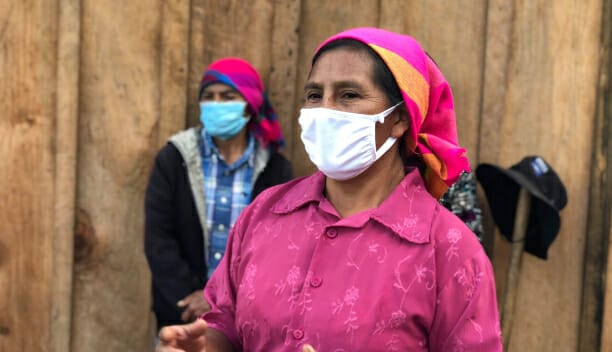
Global Communities’ Triple Nexus programming links humanitarian, development, and peace interventions to remain responsive to the reality of people’s lives. We believe that peace is not just the absence of violence, but the presence of just, equitable, secure and safe societies.
To achieve that, we leverage the strengths of each pillar of the nexus in coordination with other stakeholders in each context, while working to mitigate social, cultural and physical violence with conflict sensitive interventions. We also address the drivers of conflict through social cohesion, conflict mitigation and conflict resolution initiatives.
Learning to Link at the Nexus
Our past work, particularly in conflict-sensitive, community-driven development in South Sudan and Jordan, has informed our current approaches. In both countries, we worked in communities with needs for both humanitarian assistance and sustainable development also experiencing conflict stressors.
Global Communities, with funding from the U.S. Agency for International Development (USAID) implemented the Promoting Resiliency through Ongoing Participatory Engagement and Learning (PROPEL) program in South Sudan. From 2015-2018, PROPEL worked to strengthen the capacity of participating communities to drive their own development by harnessing their own resources, leveraging other donor-funded programs and advocating for support for community-prioritized projects. Global Communities worked closely with USAID and our partners to monitor and adapt to evolving violent conflict. PROPEL put in place structures for dispute resolution, with tools and processes for conflict-sensitive monitoring, such as stakeholder analyses, conflict tracking, and the incorporation of lessons learned. Sub-grants to local civil society organizations provided for conflict awareness education and conflict resolution training and toolkits for project staff and local stakeholders strengthened project sustainability in a conflict-prone environment.
Global Communities implemented the USAID-funded Community Engagement Project (CEP) in twenty communities in Jordan in partnership with the Jordan River Foundation. To achieve the project’s goal of leaving behind stronger, more cohesive and resilient partner communities, CEP focused on building the capacity of non-governmental organizations and citizens to identify stressors in communities, particularly those affecting community cohesion, and increasing the efforts of citizens and organizations to engage with government at the municipal and governorate levels to jointly develop solutions and produce long-term Community Development Plans to address those challenges. CEP also balanced community development objectives with the immediate humanitarian needs that arose from the Syrian refugee crisis during the program by rapidly mobilizing each target community to identify and prioritize and respond to urgent needs. Today, experiences like this one inform our work in Sri Lanka, Yemen and beyond even we iterate and adapt to specific conditions on the ground.

Bridging the Humanitarian-Development-Peace Nexus in Sri Lanka
Through our USAID-funded Social Cohesion and Reconciliation (SCORE) program, Global Communities is working with the Government of Sri Lanka and local civil society organizations to address underlying challenges to reconciliation. Our work in Sri Lanka promotes a shared and inclusive Sri Lankan identity, reducing socio-economic gaps, and strengthening cohesion and resilience among multi-ethnic and multi-religious communities.
In order to respond to timely challenges, our work also engages citizens through television, radio and social media to reduce the spread of COVID-19.
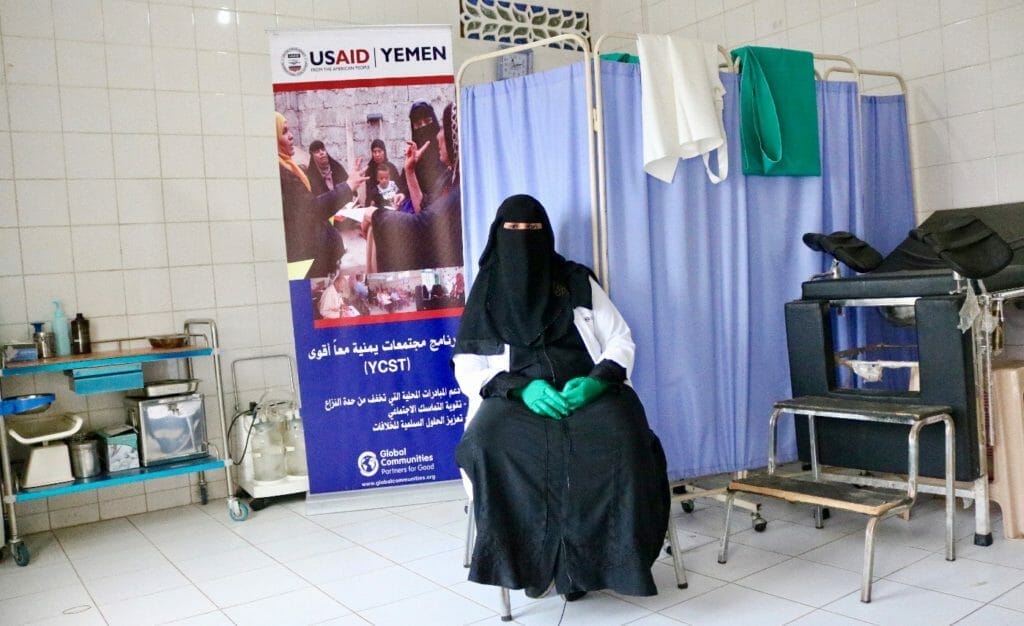
Stronger Communities in Yemen Mitigate Conflict
Our USAID-funded Yemen Communities Stronger Together (YCST) program supports local-level initiatives that mitigate conflict, strengthen social cohesion, promote the peaceful resolution of differences and capitalize on stabilization opportunities. In YCST’s Participatory Action for Community Enhancement component, community-identified projects address drivers of conflict and its impact, while participation in the process builds social capital. Capacity building of local leaders, organizations and networks focuses on strengthening their ability to serve as neutral arbitrators and peace builders and meet community and constituent needs. YCST also operates a Peacebuilding Grants Fund to support implementation of projects that address priorities such as increasing women’s and youth participation in civic life and in peacebuilding.
Our Approach
Wherever we are working, Global Communities leverages our relevant experience and expertise to work across the humanitarian-development-peace nexus in conflict-affected areas. We leverage our technical expertise from humanitarian assistance, food security, livelihoods and economic development, local governance, participatory community development, positive youth development and financial inclusion programming to inform nexus approaches that respond to local priorities and conflict drivers.
Our approach to the triple nexus is rooted in the following principles:
- Effective community engagement, using proven and successful methodologies, is the underlying platform for all nexus programming. Global Communities has been using our Participatory Action for Community Enhancement (PACE) methodology since 1996 in a variety of contexts around the globe to foster fair, inclusive, effective, legitimate and accountable local power structures that serve as the basis for interventions.
- Work with locally legitimate authorities should support their capacity to understand conflict drivers and constituent priorities and to address these in a transparent and accountable fashion. Global Communities’ Participatory Approach to Governance Excellence (PAGE) complements our community-focused PACE methodology by strengthening government capacity to inclusively engage constituents, respond to demand-driven priorities, and build trust. Recognizing that the existence and capacity of locally legitimate authorities varies based on the context, Global Communities customizes the level at which we engage and how we engage, from community to municipal, district or provincial-level authorities.
- Nexus program design and implementation is conflict-sensitive and provides support to victims of trauma. All Global Communities’ programming is designed to Do No Harm, and we leverage our technical expertise in protection programming to support the psychological recovery of individuals and communities that have suffered from the effects of conflict, violence, and displacement. We thoughtfully design and implement activities to avoid exacerbating existing tensions.
- Nexus activities are accountable to participants and incorporate conflict resolution mechanisms. Drawing on best practices from humanitarian programming, Global Communities’ nexus activities incorporate independent feedback mechanisms that enable participants to confidentially raise concerns directly to Global Communities at any time during the program. Global Communities takes all necessary steps to address feedback received and adapt programming as required to foster local ownership and be accountable to the needs of program participants.
265
local women participating in a substantive role or position in a peace-building process in Sri Lanka
11%
increase in resolution of external conflicts and a 6% increase in capacity for resolution of internal conflicts through PROPEL in South Sudan
181,097
community members involved through community engagement activities in Jordan
342
avenues for positive youth engagement created in Jordan
Our work in this area reaches
NEWS
Latest stories from the blog

Women-Founded Cooperative Leads Solar Energy Innovation in Kenya
By Maryangela Amendola One phone call changed Jacinta’s future. In 2015, a college friend told her about a renewable solar energy training program provided by …
Read More
IntraHealth Welcomes Kate Stratten as CEO
“I’m honored to lead this incredible global team, particularly during this very exciting time in our organizational history,” Stratten says. June 25, 2024 | Chapel …
Read More
Igniting Children’s Potential, One Bite at a Time: Reflections from the International Food Aid Showcase
By Paula Rudnicka, Sr. Manager for Public Affairs Last month, Global Communities participated in the 2024 International Food Aid Showcase at the United States Department …
Read More
